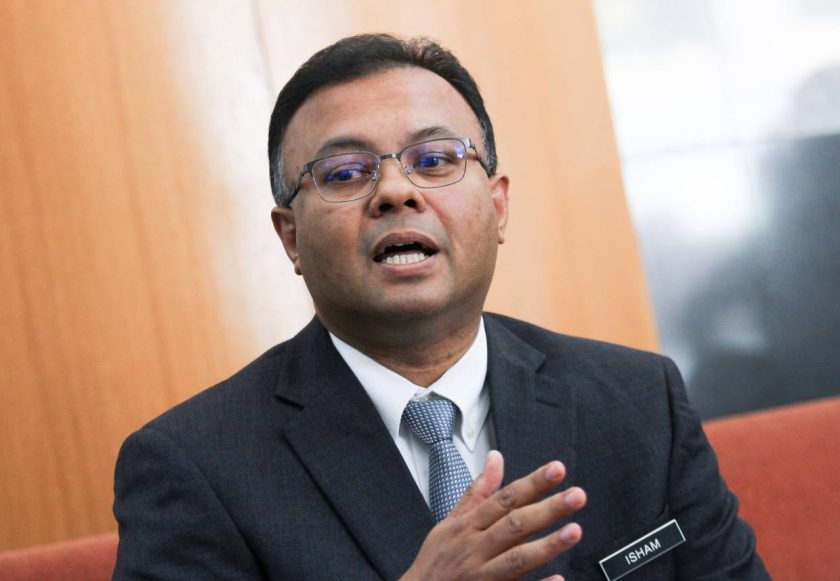Malaysia’s Ministry of Agriculture and Food Security (KPKM) has underscored that Singapore’s continued imports of Malaysian poultry are a strong vote of confidence in the country’s food safety systems.
The Federation of Malaysian Consumers Associations (Fomca) recently urged authorities to align local practices with stricter EU standards, particularly by phasing out chlorine washes in poultry processing and prohibiting ractopamine use in all food-producing animals.
While ractopamine is already banned in more than 160 countries—including the EU, China, and Russia—Malaysia still permits the growth promoter in pigs, though not in cattle.
KPKM Secretary General Isham Ishak responded that Malaysia’s certification schemes already raise the bar above most regional peers.
The Malaysian Good Agricultural Practices (myGAP) framework covers food safety, sustainability, and worker welfare, while myOrganic certifies production free from synthetic chemicals and genetically modified organisms (GMOs).
“Singapore, which maintains strict import requirements, continues to purchase the majority of Malaysia’s surplus poultry,” Mr Isham noted.
“Our certification systems embed safety at the farm level, reducing the need for additional checks common in neighboring markets.”
Continuous upgrades to standards
Mr Isham emphasized that standards are being progressively strengthened, citing advancements in vaccines, processing technology, and upcoming revisions to myGAP.
The new framework will incorporate sustainability metrics, including carbon credit calculations, aimed at boosting both farmer income and environmental performance.
Malaysia’s export portfolio highlights this progress. In 2024, the country shipped USD 23 million in poultry products, with Singapore as the largest buyer USD 13.76 million, followed by Thailand, Japan, Brunei, and the UAE.
Halal integrity and international recognition
Agriculture and Food Security Minister Mohamad Sabu reaffirmed that halal standards remain uncompromized despite trade liberalization.
“Malaysia’s halal certification is globally recognized, including in EU countries and the US,” he said.
The credibility of myGAP and myOrganic has also gained traction internationally. Mr Isham noted that Saudi Arabia has recently required such certifications for agricultural imports, positioning Malaysia as one of the few ASEAN nations with globally recognized farm-to-fork standards.
Outlook
As Malaysia adapts to global consumer expectations, its strategy balances domestic food security, export competitiveness, and sustainability.
With the planned integration of carbon accounting into agricultural standards, Malaysia aims to reinforce its status as a trusted supplier in regional markets while preparing for higher benchmarks demanded by international trade partners.

